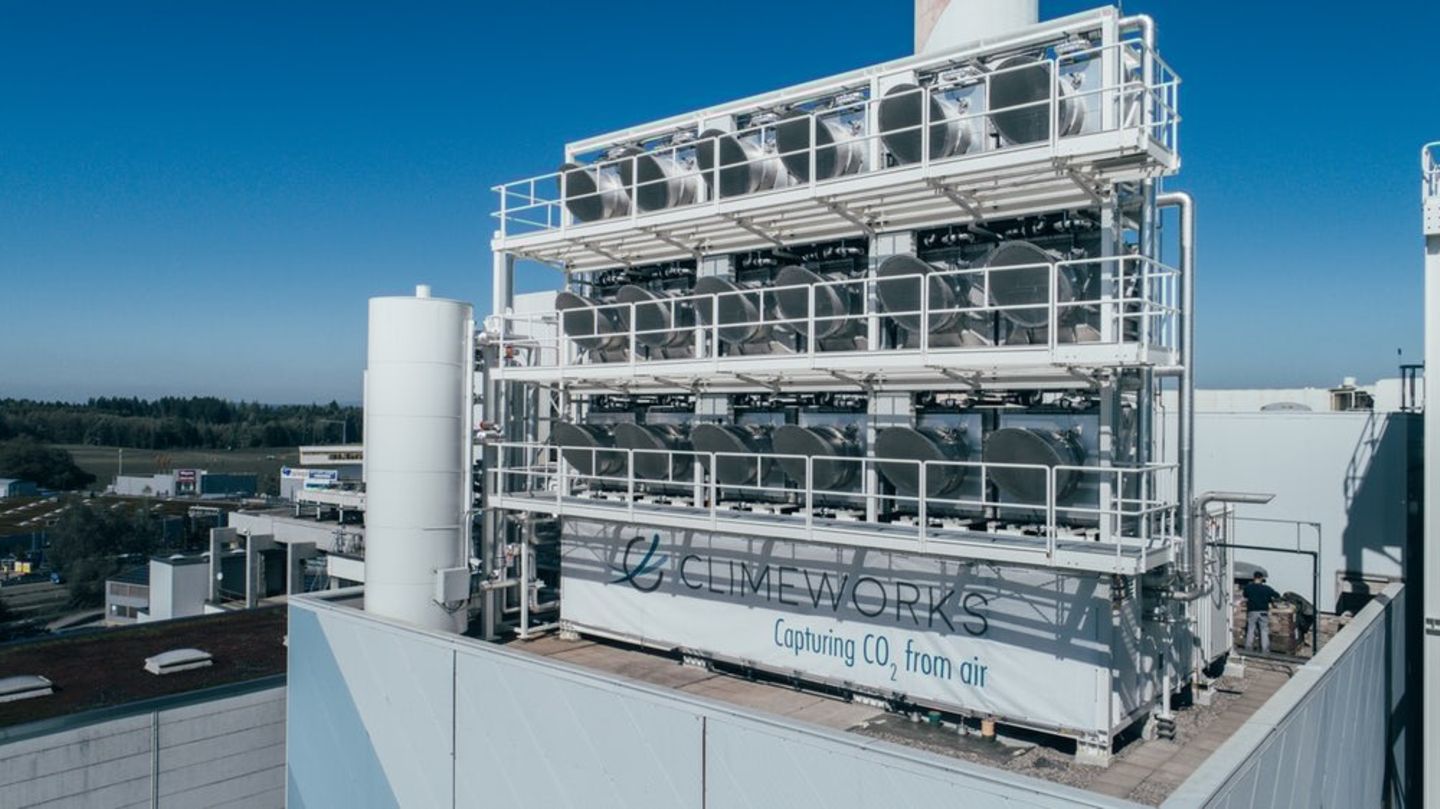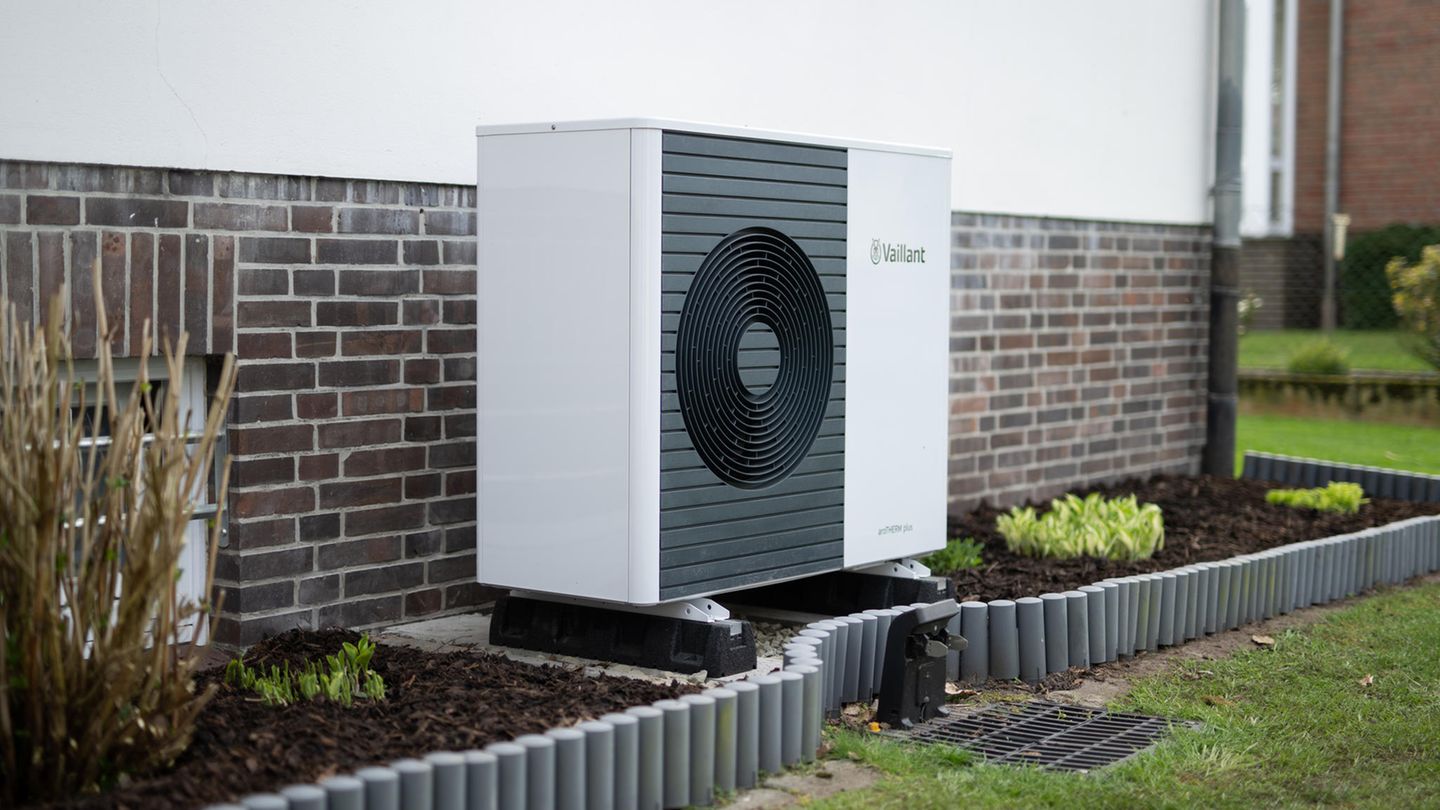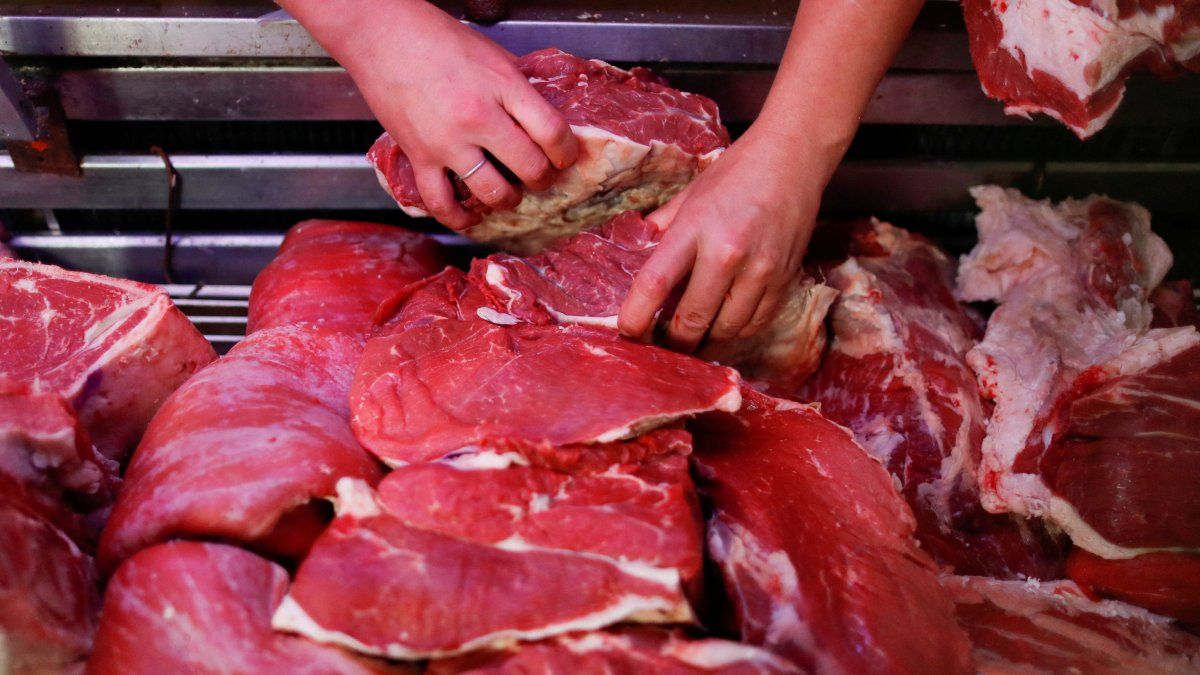National emissions trading
German CO2 emissions are falling thanks to heat pumps and electric cars
Copy the current link
In 2023, CO2 emissions in the areas of transport and heating fell by two percent, reports the German Emissions Trading Authority. The CO2 price is expected to continue to rise.
CO2 emissions from car traffic and other economic sectors fell in Germany last year. As the German Emissions Trading Authority (DEHSt) reported to the Federal Environment Agency, certificates for 282.8 million tonnes of CO2 were issued in national emissions trading (nEHS), two percent less than in 2022. These are preliminary figures.
It’s about traffic – for example the operators of refineries, whose gasoline and diesel is sold at the gas station – and about heat, i.e. the sellers of oil and gas for heating. All in all, there are around 1,900 companies that have to take part.
The authority justified the development, among other things, with the increasing proportion of heat pumps, which use electricity and no longer require fossil fuels, and with the growing proportion of electric vehicles on the roads. In addition, the winter of 2023 was relatively mild – so owners of oil and gas heating systems did not heat as much as in cold years.
CO2 price rises
Companies must provide proof of a certificate for every ton of CO2 for which they are the so-called distributor. They buy this from an authority, and the price increases gradually: in 2021 it was 25 euros per ton of CO2, in 2023 it will be 30 euros, in 2024 it will be 45 euros and in 2025 it will be 55 euros. The system prices air pollution and is intended to provide an incentive for climate-friendly businesses.
European emissions trading has been in place for almost two decades and includes, among other things, the energy-intensive industry and power plant operators. Separately, national emissions trading started in Germany in 2021. It includes economic sectors that are not covered by the EU system.
Revenue is intended to strengthen climate protection
The scope of the national system was increased in 2023, and since then the use of coal by smaller companies has also been included – such as small iron foundries that still rely on hard coal. This increased demand by 3.5 million certificates last year (around 1.2 percent of all certificates sold).
Photo series Climeworks – this is how the CO2 vacuum cleaner works

Compared to the waste incineration plant, it is a small installation.
© Julia Dunlop/Climeworks
If you exclude the certificates required for this coal sector, certificate sales in 2023 without this special effect have actually fallen by 3.2 percent and not just by two percent.
The money flows into the Climate and Transformation Fund (KTF), which finances energy transition and climate protection measures. According to the federal government, the money will be used, among other things, to promote energy-efficient building renovations, the decarbonization of industry and the expansion of renewable energies, electromobility and charging infrastructure.
DPA
rw
Source: Stern




